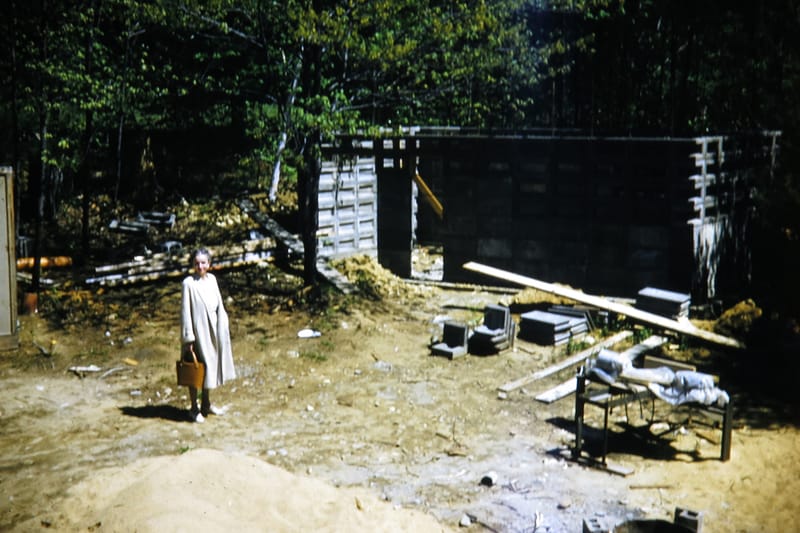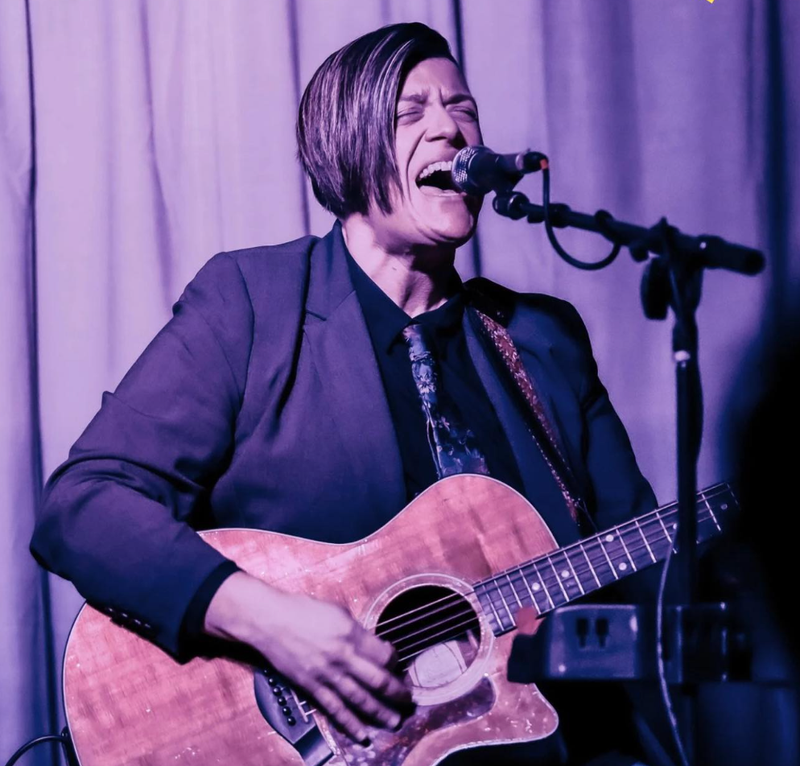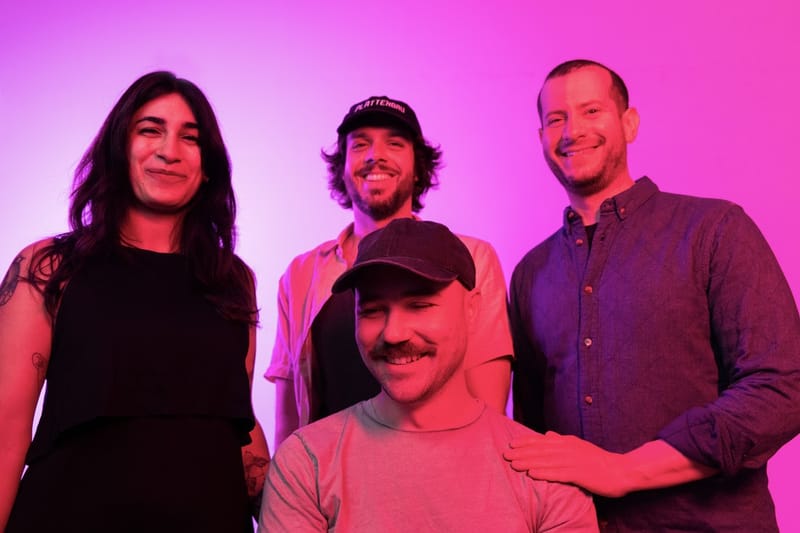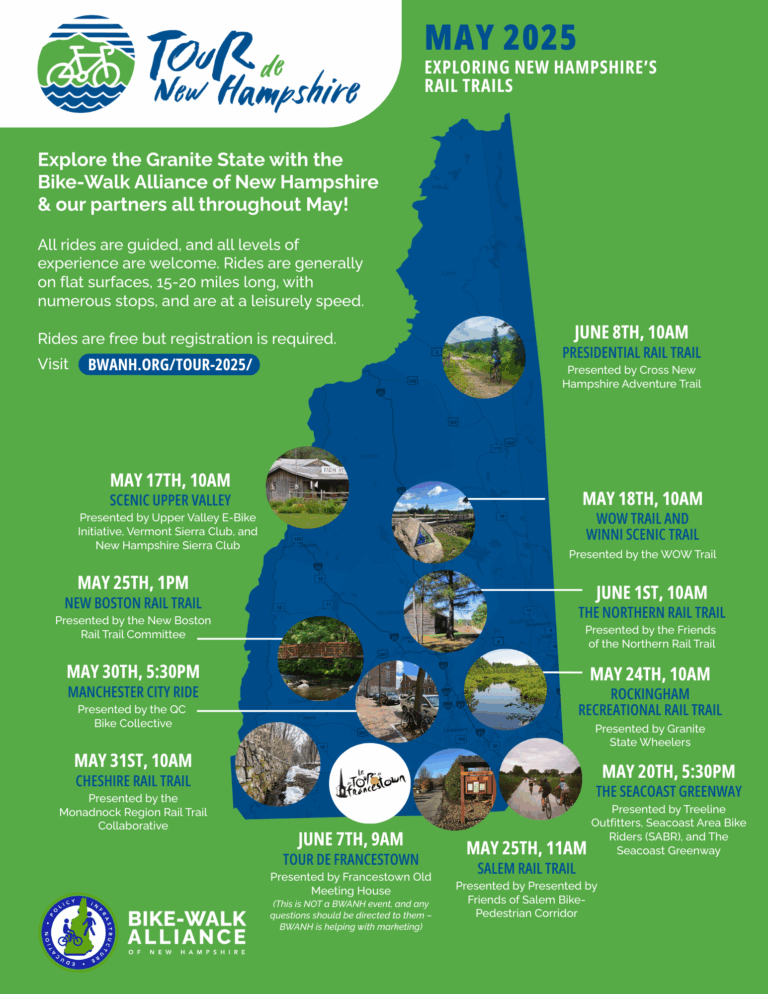Oct. 10: Ben Sollee is in for the ‘Long Haul’ ahead of bluegrass/folk show at The Music Hall
Ben Sollee from Louisville does a lot of things with his time. He’s a bicyclist, he’s a composer and he’s an incredible musician. Sollee has been a central part of the folk and bluegrass scene for nearly 25 years and he’s always pushing the boundaries of both styles while creating fresh and original
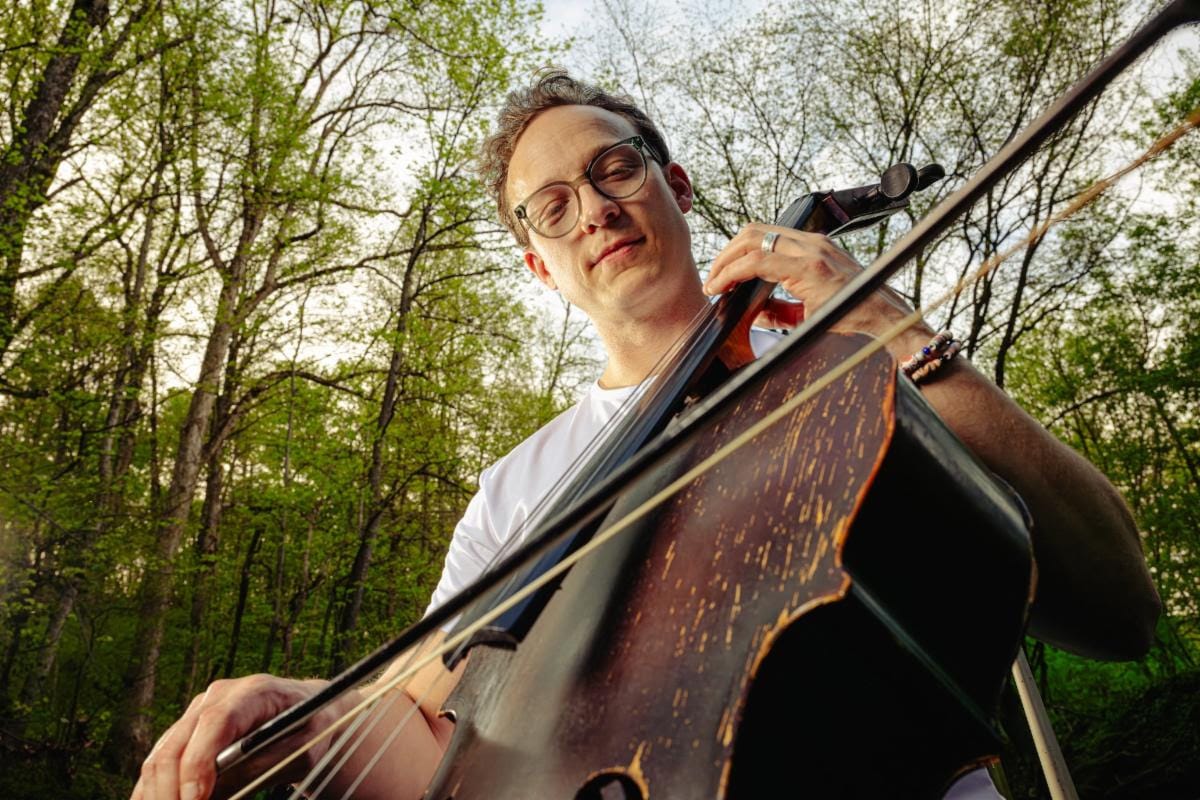
Ben Sollee from Louisville does a lot of things with his time. He’s a bicyclist, he’s a composer and he’s an incredible musician. Sollee has been a central part of the folk and bluegrass scene for nearly 25 years and he’s always pushing the boundaries of both styles while creating fresh and original sounds. This is evident in his latest album “Long Haul,” which came out on August 16 via sonaBlast! Recordings. As part of his tour in support of the release, Sollee and his band are going to be performing in the lounge within the confines of The Music Hall in Portsmouth on October 10 with the show starting at 7:30 p.m.
We had a talk ahead of his upcoming performance about the making of the new album, how a change in his diet has benefitted his creativity, scoring films and podcasts and how the recent shows have been stellar.
IF YOU GO
The Music Hall
28 Chestnut St, Portsmouth, NH 03801
Tickets
Rob Duguay: Last month, you released a new album with “Long Haul” that’s your first album in seven years. The title comes from you having to deal with the long form of COVID-19 and eventually overcoming it through a change in diet and exercise, so how long were you dealing with this for and what did you end up cutting out when it came to what you were eating?
Ben Sollee: I struggled with symptoms for about a year and a half, and through those symptoms, I learned how to have a better relationship with my body. Of course, when you change your relationship with your body, you pretty much change your relationship with everything else in the world, including food. For me, that meant changing my diet to a plant-based, whole food diet and it also meant learning how to cook, which has been a real joy. It’s made a huge difference in my life, and on the physical side, it helped reduce inflammatory symptoms like body pain, fatigue, brain fog and stuff like that. It also helped a lot with my mental health and depression, which people struggle with as a post-viral syndrome.
RD: It’s great that you were able to treat it. I had some friends who dealt with similar circumstances with COVID and they had to do similar things. Along with your trademark cello, you also utilized an array of woodwinds, a choir and hand percussion during the making of the album. With all of this at your disposal, what was the experience like with the songwriting and recording process?
BS: As I mentioned before, when I changed my relationship with my body and in turn, it changed everything else, including how I make music. For this record, I took an emergent strategy where I brought in some great musicians while setting an intention to make music that could only be made with these people at this time in life. We went searching for that and what came out is much of the record that you hear. It was pretty cool because even now when I listen to the record after having it edited, mixed and mastered, I’m still surprised by what’s on there and the musical decisions that were made, and that’s a delight.
RD: It was a delight to check the album out. Would you say that this change in approach and capturing a specific moment in time is what sets “Long Haul” apart from the other albums you’ve done, or is it something else?
BS: I think being playful with lots of different musical styles has always been a part of my vernacular, but I’ve never really given myself permission to just go wherever the resonance was. For instance, on the track “Misty Miles” there’s these sort of polynesian flutes and I don’t know why I love them so much, but I love them. There was a lot of influence from the music of Madagascar and West Africa as well as the music from the American South, so I think that was the biggest difference in approach. Finding the resonance and trusting wherever it goes.
RD: It definitely seems that way after listening to it. The music seems to be very fluid, there isn’t really a distinct style within the record. Some songs are kind of folky bluegrass while others lean more towards rock & roll, which I really liked. Outside of your solo output, you’ve also been doing some scoring for films and podcasts. When it comes to scoring, do you find yourself switching things up a bit in terms of approach or do you find it all to be somewhat relative regardless of what the project is?
BS: Yeah, writing for movies is a very different thing because you have all these different stakeholders, directors, editors, producers and so on who are all working on this ephemeral thing. No one quite knows what it’s going to be, what it looks like or what it sounds like when it’s finished, but they know it when they see it and when they hear it. That’s very rewarding, of course it can be challenging as well because as a musician, I can come up with something that I think is perfect and beautiful for the scene, but it can get totally shelved and I have to make something new from scratch. I think overall, it’s a very healthy thing because it helps you make from different perspectives with different inputs, but it is a different process from writing my own songs and putting my songs on my own records.
RD: What are your thoughts on performing in the lounge of The Music Hall? It’s a really old building and a lot of talented people have played there.
BS: I’ve been playing the loft [at The Music Hall] for years and when I came to visit, they walked me over to the theater and I said to myself, “Someday, I’m gonna come over and play this place.” I’m very excited and I have an amazing group of musicians joining me on the road. We’ll be playing as a trio with percussionist Dan Dorff and guitarist Brandon Coleman. Both these cats have jazz backgrounds, but they also play lots of different styles of music, so the shows have been really, really fun.


